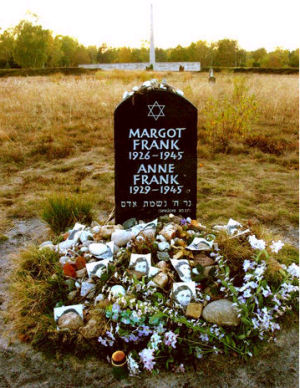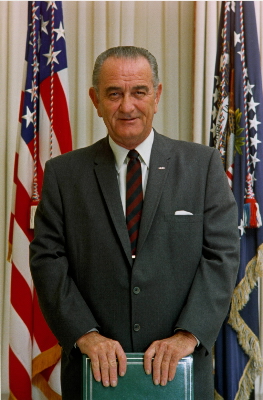
“The best remedy for those who are afraid, lonely or unhappy is to go outside, somewhere where they can be quiet, alone with the heavens, nature and God. Because only then does one feel that all is as it should be and that God wishes to see people happy, amidst the simple beauty of nature.”
–Anne Frank
I feel nature first became important to me when I lived in the south of France in 1998. Our house was positioned high on a hill with a beautiful wheat field swaying beside. Our backyard consisted of a forest, home of twisting trails and a variety of plants and animals, including a wild hog. In the middle of the forest, there was a clearing of green grass, the floor of the clearing scattered with leaves and acorns, the sunlight shining through. In this special place, we felt the “need to roam so far afield” (618) and discover what was just beyond our reach. Now, I was 9 years old at the time and but still, the “nature” of the place enthralled me.
Since arriving at UT, the quote by Anne Frank has become far more meaningful and applicable to my life. I have begun to explore nature even more in my everyday life. Studying, as expected, has taken up the majority of my time thus far and continues to be a main component of my day. Because of this, I find it important to discover a variety of places where I am comfortable studying.
As discussed in previous RDBs,

I took time “to explore [my] campus home” (748) and discover the places UT had to offer. I found the tower library, a quite sanctuary with just enough natural light to bring a smile to your face yet serene enough to seriously work. I have also taken a liking to the Texas Exes center where I find a nice couch to work at, and sometimes nap on. I had not, prior to our lunch date, discovered the peaceful area behind the Texas Exes Center. As we followed the beaten path behind the building, with the trees beside us, I felt my worries wash away. The closer we came to the creek, the more peaceful it felt.
Once there, I had to quickly leave, but Professor Bump required that I hug the statue of “Mama” (as he referred to it). As silly as I must have looked,
 I feel it was quite an interesting way of connecting with the area, with the time. The statue has been there for years and years and has stood and looked up hundreds of students as they relax near the creek, eating, studying, talking. As I hugged the “Mama” it was like I was being connected with all of the other people who had hugged her or simply sat in her presence.
I feel it was quite an interesting way of connecting with the area, with the time. The statue has been there for years and years and has stood and looked up hundreds of students as they relax near the creek, eating, studying, talking. As I hugged the “Mama” it was like I was being connected with all of the other people who had hugged her or simply sat in her presence. I look forward to sitting in her presence again, maybe 4 years from now, and remembering my freshman year, my first time there, and the impact it had on me.























